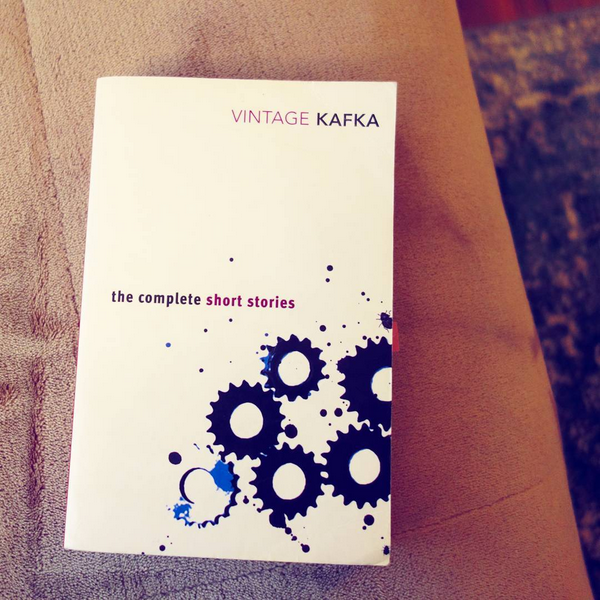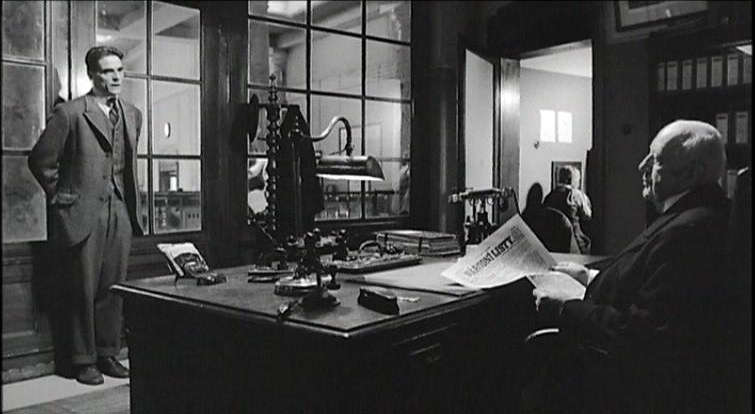Echoes of Literature in "Julia Ross"

If it sounds too good to be true, it probably is. The cautionary cliche, while well known, still remains almost limitless in its potential for the mystery and thrillers genres. Perhaps this is why watching My Name is Julia Ross (1945) immediately calls to mind its literary precursors from the works of Arthur Conan Doyle and Daphne du Maurier. The opening, in fact, takes a page out of Doyle's "The Adventure of the Copper Beeches," only this time set in the 1940s. Londoner Julia Ross is a beautiful young woman, recently unemployed and completely alone in the world. Her only friend and would-be boyfriend, Dennis Bruce, has just announced his marriage to someone else. Depressed, and at a loss for how to pay the bills, Julia responds to an ad seeking a secretary for a wealthy Mrs. Hughes. Mrs. Hughes makes Julia a generous offer, on the condition that Julia come to live with her at her mansion in Cornwall. When Julia wakes up the next day, she rea...



